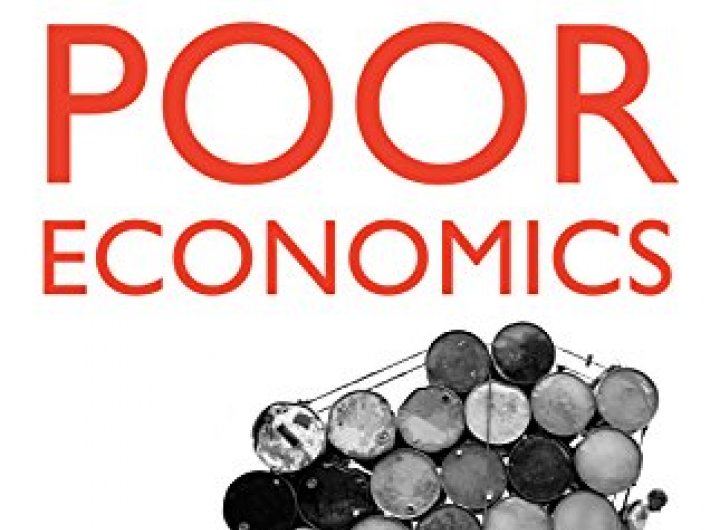Abhijit Banerjee and Esther Duflo have worked in India to improve benefit delivery of welfare programmes
GN Bureau | October 14, 2019

Geetanjali Minhas, Associate Editor with Governance Now, has been conferred with the Women Public Policy and Governance Award by ENQUBE Collaborations. The award was presented at ‘Season 5 – Connect Future Ready Leaders: Viksit Bharat at 2047’, organised by EN
A study from the Centre for Cancer Epidemiology at the Tata Memorial Centre, Mumbai, has provided new evidence that quitting tobacco, both smoking and chewing, substantially reduces the risk of oral cancer. Published in the International Journal of Cancer, the research highlights long-term benefits of cess
India’s Union Health Budget 2026-27 and the release of the country’s first evidence based lung cancer guidelines have sparked important conversations about whether our health system is keeping pace with global standards. These announcements are not just policy milestones – they are litmus
Prime minister Narendra Modi on Tuesday hailed the India AI Impact Expo 2026 as a powerful convergence of ideas, innovation, and intent. Sharing highlights of the event’s inauguration, he said the Expo, which got underway here on Monday, highlighted the extraordinary potential of Indian talent in sha
As many as 54 (or 24%) out of the 227 winning candidates of the Brihanmumbai Municipal Corporation (BMC) elections have declared criminal cases against themselves, according to an analysis by the Association for Democratic Reforms (ADR) and Maharashtra Election Watch. As many as 29 (13
In his very first set of decisions after shifting to Seva Teerth, the new address of the PMO, PM Narendra Modi signed important files relating to decisions that reflect the spirit of Seva. These decisions touch every section of society: farmers, women, youth, and vulnerable citizens. 1.